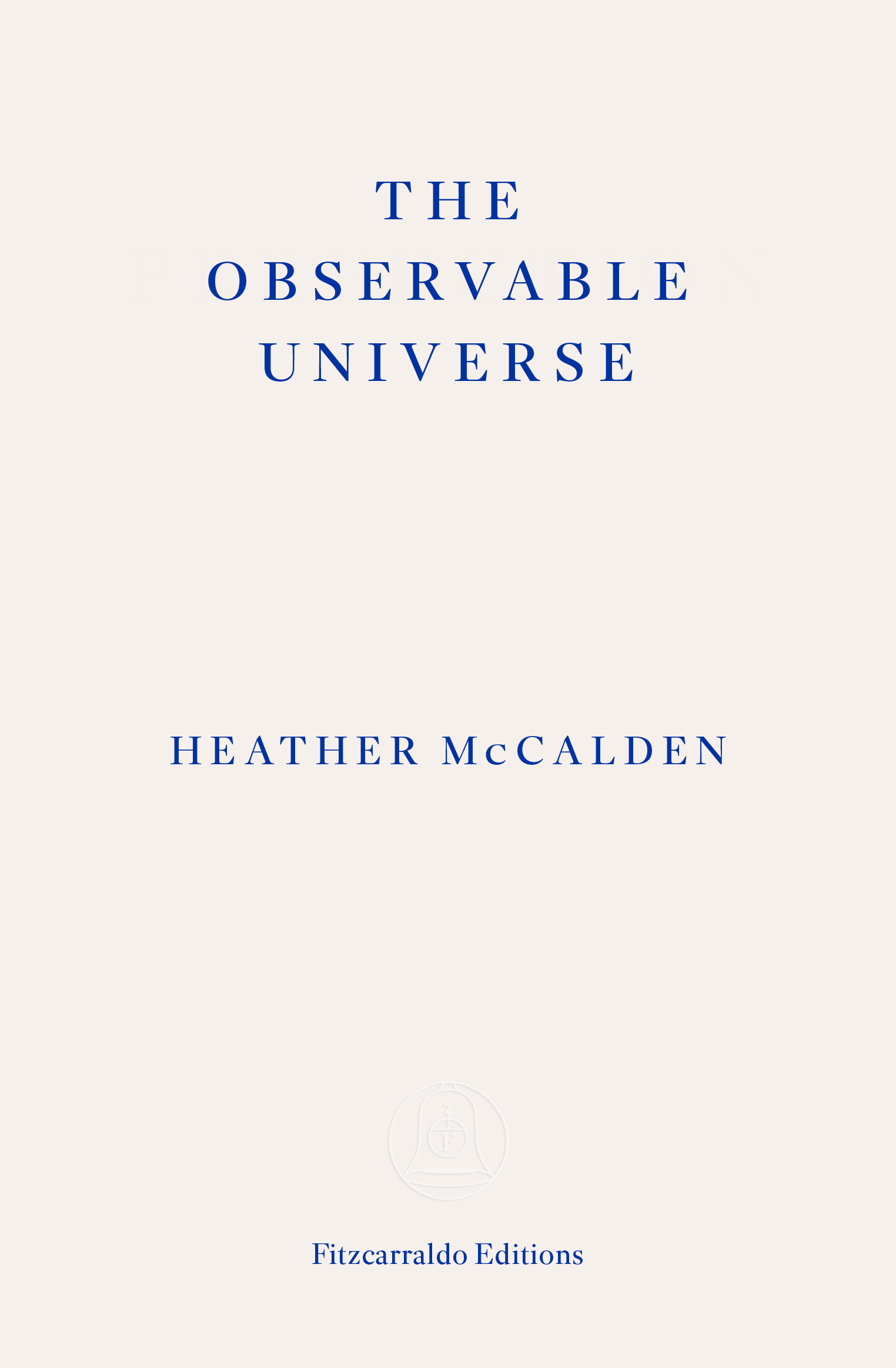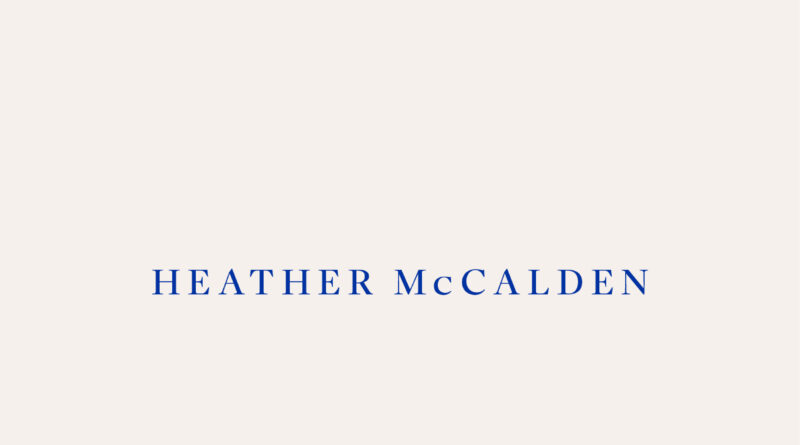Heather McCalden: A Review of the Observable Universe – images from a broken life
Singer and writer, Heather McCalden, has released her first book-length work. The Visible Universe explores, in different ways, his family history, the death of his parents from AIDS, and the subsequent loss of his maternal grandmother, Nivia, who raised him. It’s a tricky work, but the context (half-memoir, half-essay) responds to the author’s own feelings of disconnection and uncertainty, and at its heart is a painful sense of loneliness and sadness.
At first, this book seems to introduce the reader to the story of McCalden’s parents and his relationship with them, but this is complicated by the mystery surrounding their life (and death) and his feelings about their absence. It changes a lot with Nivia, as can be seen together with discussions about the development of the Internet (and, later, viruses) and the spread of HIV/AIDS at the same time. McCalden clearly uses metaphor throughout and frequently turns to reflect on his own use of language, including its limitations: “I don’t know that my parents are dead. I don’t know anything at all. Maybe What would be the comparison of that?”. He tries to find his family, then any family at all, to watch parts of the usual shows in order, perhaps, to understand these relationships, which feel, in the end, they will deepen his feelings of separation.
 The same threads that define the history of the internet and viruses are a distraction and a way to communicate, clarifying strange and unpredictable events. McCalden explains, at one point, how the eBay website hosted a popular auction site, but also a large section dedicated to the Ebola virus. He also includes vignettes of life in LA, the city of his birth, and something more familiar and comforting than his mother and father. However, the whole book is driven by a sense of insistence on isolation, with McCalden standing as the last of his family: alone, alienated, and grasping for meaning.
The same threads that define the history of the internet and viruses are a distraction and a way to communicate, clarifying strange and unpredictable events. McCalden explains, at one point, how the eBay website hosted a popular auction site, but also a large section dedicated to the Ebola virus. He also includes vignettes of life in LA, the city of his birth, and something more familiar and comforting than his mother and father. However, the whole book is driven by a sense of insistence on isolation, with McCalden standing as the last of his family: alone, alienated, and grasping for meaning.
But there’s also something interesting about the way McCalden has written an AIDS memoir — it’s always caught up in one moment. Derek Jarman’s name Kicking the Ruins and David Wojnarowicz’s diaries are full of anger and despair at living and dying with a disease that was exacerbated by prejudice and ignorance. McCalden, on the other hand, speaks from a distance. It is a distance that is felt as time passes; but it is also recorded in other contexts, and in relation to other aspects of his life: for example, his feelings of disagreement with his parents. When she tracks down her father’s details (on the internet, as it happens), she discovers that he was an opponent of the massacre. He tries to get a PI to reveal information about his mother and father, but hiring a detective to do this is repeatedly postponed, suggesting that he doesn’t want to know, after all. McCalden slows down, intervenes, confuses, detours at random in order to extend and process his family’s knowledge. When he finds a woman to help him, the investigation becomes as chaotic and disjointed as McCalden’s feelings about it seem to be. There is a feeling that, in many ways, he opposes his desire to understand his life and the world around him.
The book culminates with McCalden in an online store, told via Skype, brief things about his father. But when he cries, it’s about his grandmother. He tried to find information, for the little that can be found on the internet and the computer, but he failed, or maybe it wasn’t the case. “[M]memories,” she writes, “do not make a story, or an existence, unless you feel them.” It is a book about process, and the difficulty of looking clearly at the details that make you who you are. , more than a neat explanation: life is made up of many endings, but we rarely reach conclusions.
#Heather #McCalden #Review #Observable #Universe #images #broken #life

